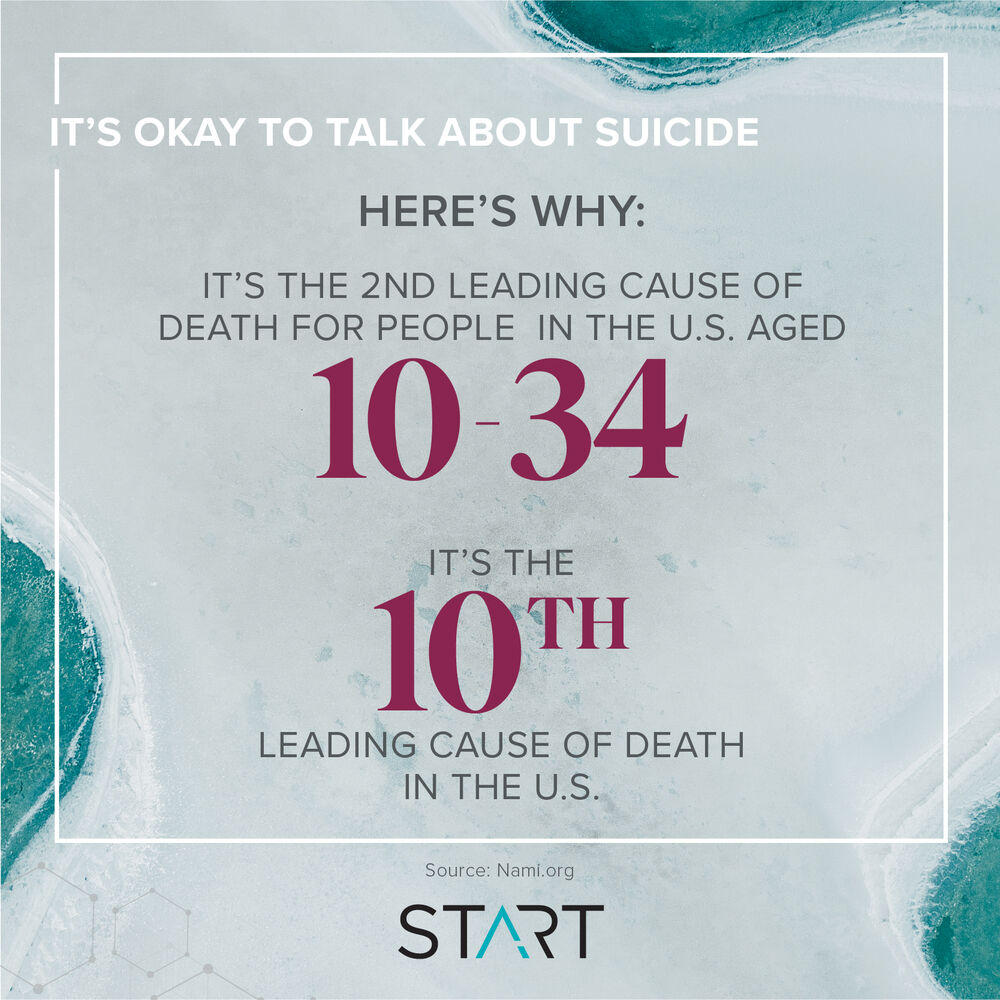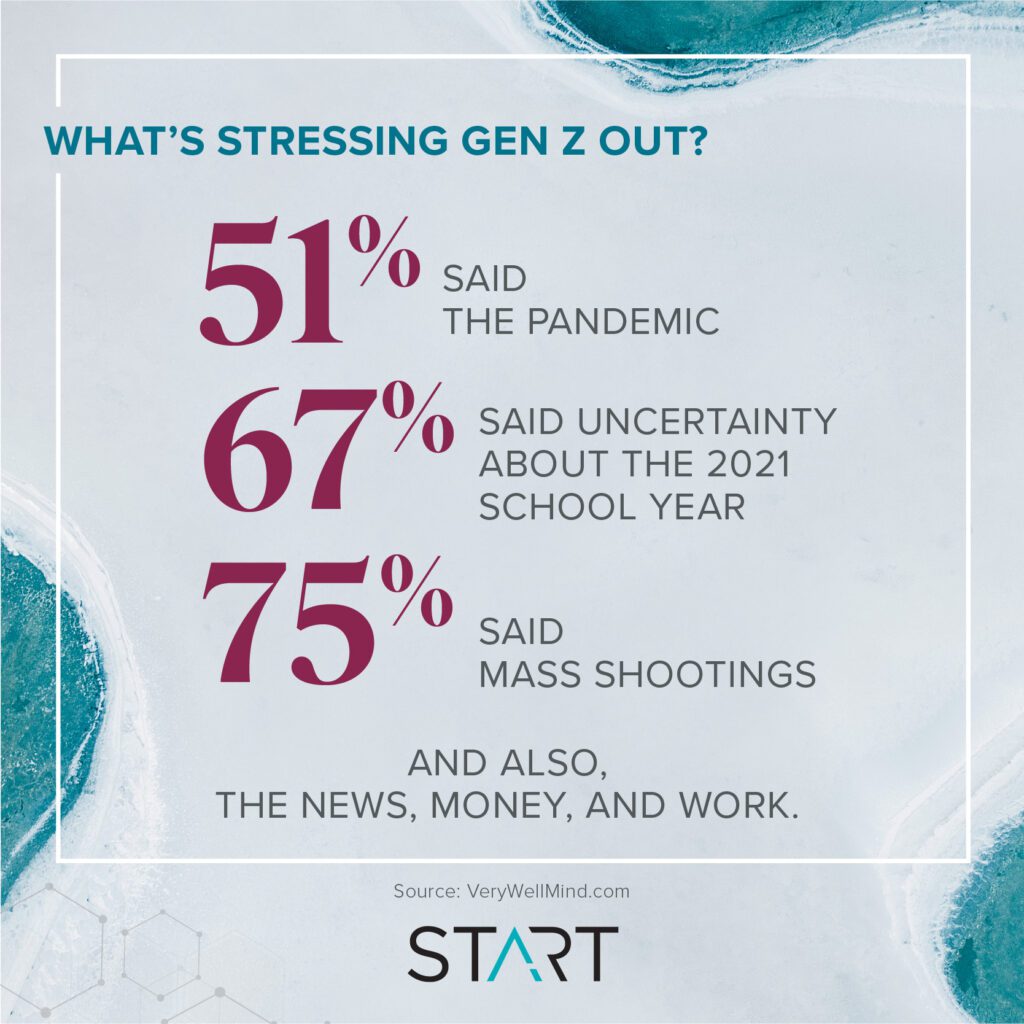
What Is Mental Health?
Mental health includes our emotional, psychological, and social well-being.
It affects how we think, feel, and act. It also helps determine how we handle stress, relate to others, and make choices.

Let’s Talk Mental Health
Millions of people are affected by mental illness each year.


Factors Contributing to Mental Health Issues Include:
• Biological factors, such as genes or brain chemistry.
• Life experiences, such as trauma or abuse.
• Family history of mental health problems.


10 common warning signs:
• Feeling very sad or withdrawn for weeks.
• Trying to harm or kill oneself.
• Severe out-of-control, risk-taking behaviors.
• Sudden, overwhelming fear for no reason.
• Significant weight loss or weight gain.
• Seeing, hearing, or believing things that aren’t real.
• Repeatedly using drugs or alcohol.
• Drastic changes in mood, behavior, or sleeping habits.
• Extreme difficulty in concentrating or staying still.
• Intense fears that get in the way of daily activities.
What to Do
If you or someone you know is struggling, here are some ways you can search for help.
Talk to Someone
• A trusted family member
• A close friend
• Teacher or professor
• Counselor or coach
• Faith leader
• Your doctor

What to Say



Connect with a Community
• Join a support group to connect with others. Lots of youth and young adults live with a mental health condition. You can connect with them at OK2Talk.org.
• Search for peer and support groups in your area.
• Opt-in for Isagenix emails in your Back Office to receive uplifting reminders and tips to make your mental health a priority.
• If you are concerned about suicide and don’t know what to do, call the National Suicide Prevention Lifeline at 1-800-273-8255


It’s Okay to Talk About Suicide. Here’s Why:
• It’s the 2nd leading cause of death for people aged 10-34.
• Suicide is the 10th leading cause of death.
• The suicide rate has increased by 35% since 1999.
• 46% of people who die by suicide had a diagnosed mental health condition.
• 90% of people who die by suicide had shown symptoms of a mental health condition.
• Lesbian, gay, and bisexual youth are 4x more likely to attempt suicide than straight youth.
• 78% of people who die by suicide are male.
• Transgender adults are nearly 12x more likely to attempt suicide than the general population.
• Percentage of serious thoughts of suicide by group:
- 4.8% of all adults
- 11.8% of young adults aged 18-25
- 18.8% of high school students
- 46.8% of lesbian, gay, and bisexual high school students
Be Kind to Your Mind
Gentle Reminders
• Your mental health is just as important as the rest of your health.
• Seeking help early on is important to take care of your overall wellbeing.
• Although taking the first steps can seem difficult, it’s important to start exploring options. The average delay between symptom onset and treatment is 11 years.


Taking Control of Your Mental Health Wellbeing
• Find a routine that works for you to incorporate a healthy diet, exercise, and regular sleep pattern.
• Stay close to your support network.
• Connect with family, friends, and your community.
• Join an online community.
• Be realistic and mindful of your needs and know your limits. It’s ok to say no!
Be Gentle with Yourself
Make self-care a priority.
- Practice mindfulness by staying “in the present.”
- Go for a walk-in nature.
- Enjoy 15 minutes of sunshine a day.
- Pamper yourself with a spa day.
Express yourself.
- Experiment with a new recipe.
- Write a poem.
- Paint a picture.
- Try a DIY project.
Track gratitude and achievement with a journal.
- Practice the rule of “three good things,” in which you reflect on three things you’re grateful for each day.
Feeing bad because you’re sad?
- Talk to yourself like you would to your best friend. We are often our own harshest critics.

Follow @START_YourLife
to stay up to date on all our mental health campaign content

